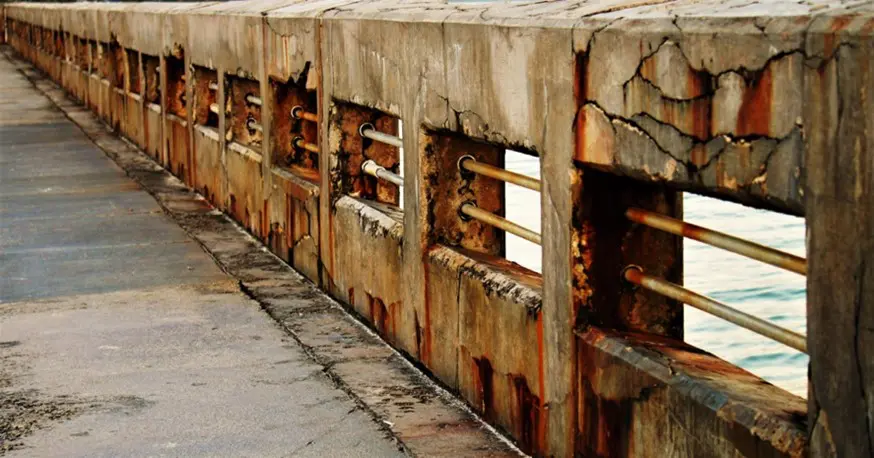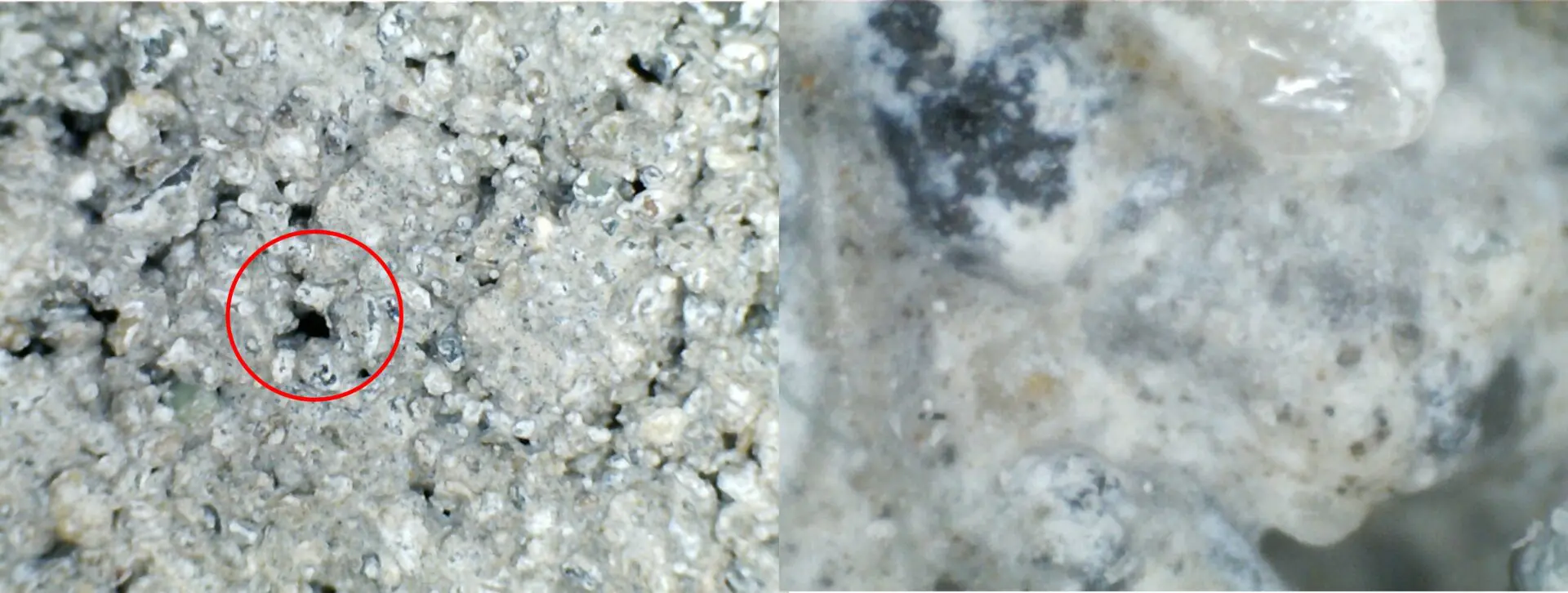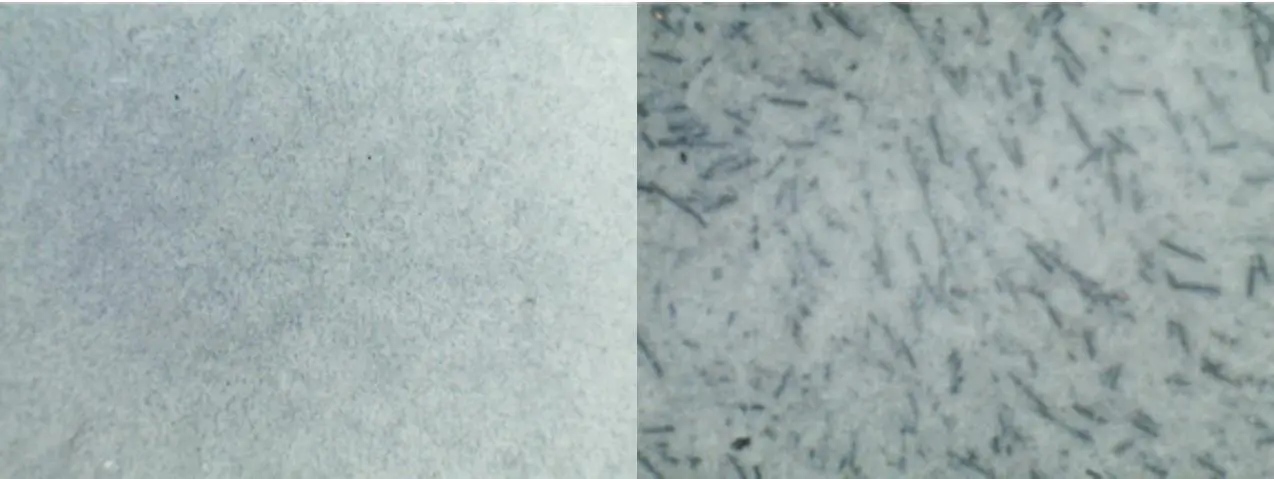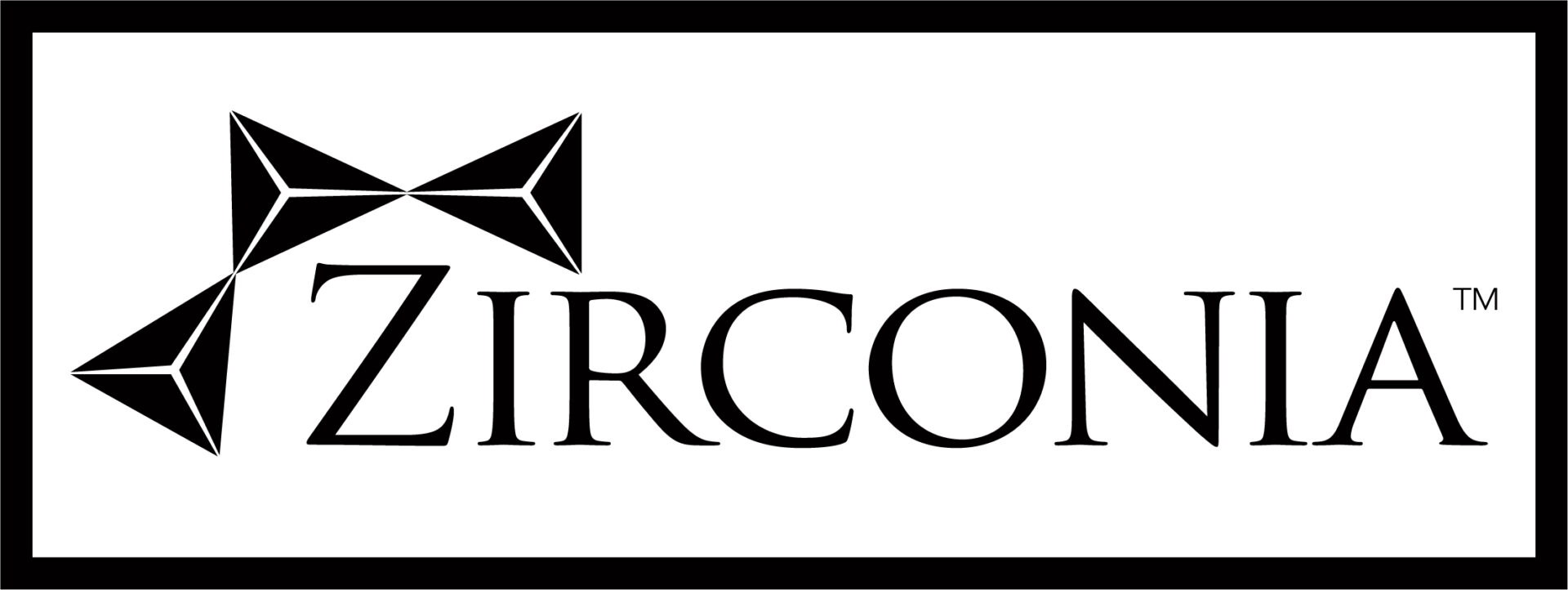
Porosity
There are two primary reasons concrete deteriorates: (1) cement paste is chemically unstable, and (2) concrete is porous with up to 10% space. Porosity allows in water that carries along with it other chemicals and particles that interact with the unstable cement paste, converting the calcium silicate hydrate to calcium carbonate - essentially chalk that easily washes away. The more water ingress occurs, the more the cement paste is damaged, increasing porosity and leading to further destruction. CeramycGuard™ stops this destructive cycle.

All failures of properly placed concrete, except for structural overloading, are related to water getting into it thorough its porous surface and capillaries. Stopping water movement into the concrete reduces freeze/thaw damage, spalling, and chemical attack. The key to making concrete more durable and stronger is to eliminate surface porosity and keep moisture and other contaminants out.

The image above show how CeramycGuard™ fills in the surface, greatly reducing the surface porosity and permeability of concrete. CeramycGuard also chemically stabilizes the surface, so rainwater and other contaminants cannot degrade the concrete.
CeramycGuard™ Coated Concrete
However, the problems go far beyond what is obvious and visible, including issues with infrastructure that are not commonly noticed:
- In water infrastructure chlorine is necessary for sanitation (microbial reduction in water), however, the chlorine penetrates the pores of concrete, then dissolves the concrete and corrodes the reinforcing steel rebar, corroding concrete storage reservoirs around the world.
- In sewage and stormwater infrastructure bacteria get into the pores of concrete, which capture food and water, creating habitat for acid bacteria. The acids emitted by these bacteria eat the concrete and steel away, destroying our sanitary sewer infrastructure.
- In food factories and animal grow facilities, bacteria enter the pores of concrete, which provides habitat for pathogenic bacteria, which then make it into our food supply.
Zirconia's ceramic sealant eliminates porosity in concrete and stops contaminants and microbial life from entering concrete, making long-term infrastructure preservation possible, while also making our water and food supply safer.
